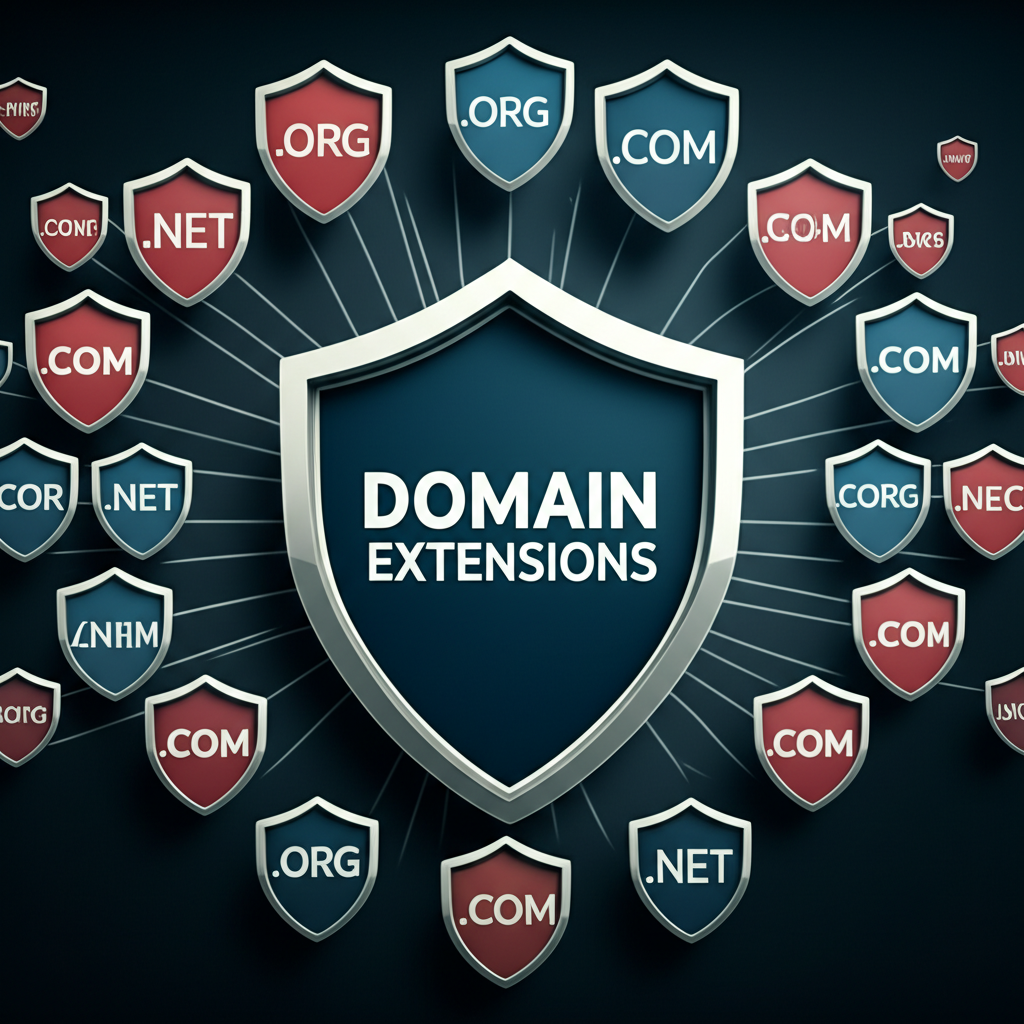- Avoiding Common Domain Buying Mistakes
- 1. Ignoring Keyword Research in Domain Buying
- 2. Choosing the Wrong Domain Extension
- 3. Overlooking Copyright and Trademark Infringement
- 4. Neglecting Domain Name Length and Complexity
- 5. Not Checking Domain History
- 6. Failing to Secure Social Media Handles
- 7. Rushing the Decision: Strategic Domain Buying is Key
- Conclusion: Smart Domain Buying for Long-Term Success
Domain Buying Mistakes: 7 to Avoid for Best Results
Domain buying can be a tricky business. Choosing the perfect web address for your online presence is a crucial first step towards building a successful website. However, the process is often fraught with pitfalls that can lead to future headaches and lost opportunities. Making the right choice can significantly impact your brand, traffic, and overall online success. Conversely, a poor decision can hinder your growth and even cost you money. To navigate this digital landscape effectively, it’s essential to be aware of common domain buying mistakes and understand how to avoid them. This article will outline seven such pitfalls to help you secure the perfect domain name for your needs.
Avoiding Common Domain Buying Mistakes

Choosing a domain name is more than just picking a catchy phrase; it’s a strategic decision that should align with your long-term goals. Here are seven common domain buying mistakes you should avoid:
1. Ignoring Keyword Research in Domain Buying
One of the biggest domain buying mistakes is overlooking keyword research. Relevant keywords in your domain can significantly boost your search engine rankings, making it easier for potential customers to find you. Before purchasing a domain, research keywords related to your business niche and incorporate them naturally into your domain name where appropriate. Tools like Google Keyword Planner, SEMrush, and Ahrefs can help you identify high-volume, low-competition keywords that can give your website a competitive edge.
2. Choosing the Wrong Domain Extension
While `.com` is the most popular and generally preferred domain extension, other options like `.net`, `.org`, or country-specific extensions (e.g., `.co.uk`, `.ca`) might be more suitable depending on your target audience and business type. For example, a non-profit organization might opt for `.org`, while a business targeting a specific country might choose the relevant country code. Consider your target audience and the nature of your website before settling on an extension. Using an unconventional extension purely to secure a shorter name can confuse users and ultimately harm your brand.
3. Overlooking Copyright and Trademark Infringement
Before registering a domain, ensure it doesn’t infringe on existing copyrights or trademarks. Failing to do so can lead to legal battles and force you to relinquish your domain, potentially damaging your brand reputation and resulting in financial losses. Conduct a thorough trademark search and avoid using names too similar to established brands.
4. Neglecting Domain Name Length and Complexity
Shorter, simpler domain names are easier to remember, type, and share. Avoid using hyphens, numbers, or unusual spellings that can confuse users and make it harder for them to find your site. A concise and memorable domain name contributes to better brand recall and a more professional online presence. A good rule of thumb is to keep it under 15 characters if possible.
5. Not Checking Domain History
Just like purchasing a used car, it’s crucial to check the history of a domain name before buying it. A domain with a history of spam or penalties from search engines can negatively impact your website’s rankings and reputation. Use tools like the Wayback Machine to view previous versions of the website associated with the domain and check its SEO history to avoid inheriting any pre-existing problems.
6. Failing to Secure Social Media Handles
Your domain name should ideally align with your social media handles. This creates brand consistency and makes it easier for users to find you across different platforms. Check the availability of social media usernames that match your chosen domain name and secure them simultaneously to avoid brand confusion and maintain a cohesive online identity.
7. Rushing the Decision: Strategic Domain Buying is Key
Choosing a domain name is a significant decision that shouldn’t be rushed. Take your time to consider various options, research your target audience, and think about your long-term goals. A hasty decision can lead to regrets down the line, so carefully weigh your options before making a final purchase. Strategic domain buying involves a thorough evaluation of your business needs, target audience, and future aspirations.
Conclusion: Smart Domain Buying for Long-Term Success
By avoiding these common domain buying mistakes, you can increase your chances of securing a strong, memorable, and effective web address. A well-chosen domain name is a valuable asset that can significantly contribute to your online success. Remember that a little foresight and research can go a long way in establishing a robust online presence and achieving your business objectives. Take your time, plan strategically, and make an informed decision that will serve you well for years to come.















Leave a Reply